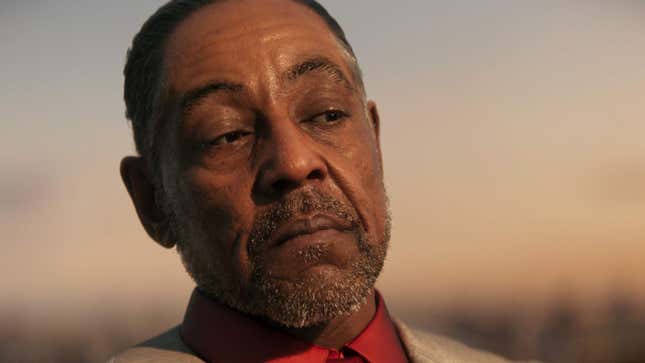
Ubisoft’s Canadian studios announced pay raises for staff at the Asssassin’s Creed and Far Cry publisher to combat an exodus by many of its most senior developers, Kotaku has learned. While the raises are across the board, sources tell Kotaku that those who currently earn the most will see the biggest increases, prompting criticism that the new benefits will reinforce existing inequalities at the studios.
Ubisoft Canada, which leads development on many of the company’s biggest blockbusters, like Assassin’s Creed Valhalla, Far Cry 6, and Watch Dogs Legion, consists of offices in Montreal, Quebec City, Toronto, Chicoutimi, Halifax, and Winnipeg. The new pay raises are set to go into effect immediately, and will begin being paid out at the end of November. Employees will also be receiving more vacation days and better pay during parental leave.
“They’re desperately trying to hold on to what few experienced devs are still here,” one current developer in the Canadian studios told Kotaku.
But the exact amount of the raises will vary depending on the employee’s position at the company, sources said. According to the worker group ABetterUbisoft, junior staff will receive a 5-7% increase, while the most senior staff could see their pay increased by up to 20%. That would mean a lower-level developer might see a $50,000 a year salary increased by $2,500, while higher-level developer making $100,000 could see as much as $20,000 in additional pay.

“These moves do absolutely nothing to address the key demands of A Better Ubisoft,” the group told Kotaku in an emailed statement. “In addition, by weighting the pay rises enormously in favor of senior staff, management are exacerbating the gap between the highly and low paid workers.”
ABetterUbisoft sent a letter to management earlier this year demanding changes to workplace misconduct reporting processes and worker involvement in decision-making about how the company evolves following widespread reports of sexual misconduct and toxicity at the company that began emerging in mid-2020. The group renewed its calls for “a seat at the table” last week with a petition asking fans and other developers for support.
Read More: Frustrated Ubisoft Workers Are Asking For Your Help So The Company Doesn’t Ignore Them
“This year, the market has changed dramatically in Canada and that is why this adjustment starting at 5% and up was intended to partially address this issue, the first time we are doing a mid-year increase,” a spokesperson for Ubisoft told Kotaku in an email. “There will still be another adjustment to come in April, as usual. This is the first of a number of initiatives we are announcing to provide a competitive employer offer, and as part of our broader ongoing changes.”
The company did not say whether its studios located in out countries will receive similar pay increases.

Sources tell Kotaku that Ubisoft has been bleeding top-level talent for the past couple years. In addition to the allegations that came out in 2020, these departures have also come as part of a general wave of resignations throughout the global pandemic, and as competitions for talent ramp up among companies like Google, Facebook, and Riot Games, and Tencent.
Montreal has been a particular hotbed for new opportunities in game development. A scene which Ubisoft helped jump start thanks to generous government tax subsidies back in the late ‘90s is now home to dozens of studios belonging to companies like EA, Amazon, Bethesda, and Gearbox, as well as tons of new independent startups, many of which have drawn veteran talent directly from Ubisoft. As Axios reported earlier this year, long-time Assassin’s Creed directors Darby McDevitt, Eric Baptizat, and Raphael Lacoste all left the company for other studios in the span of just a few months.
To retain talent, some Montreal studios have gotten creative. Eidos, which recently released Marvel’s Guardians of the Galaxy, announced last month that it would be moving to a 4-day, 32-hour work week. Sources told Kotaku that Ubisoft Montreal experimented with 36-hour work weeks over this past summer, and that management had considered the initiative a success, but when asked about continuing or expanding it said the policy was shot down as unworkable. They also said that the company has been resistant to implementing any changes that would lead to greater pay transparency, something that competitor Activision Blizzard just announced it would do in response to demands from employees.
“Ubisoft has always been a leader in Canada, and is proud to have been at the genesis of this industry with six studios, starting first in Quebec and then expanding to Ontario, Manitoba and Nova Scotia,” the spokesperson for Ubisoft said when asked about concerns over pay discrimination and more flexible work hours. “These changes, including more time off, a hybrid, flexible work model, enhanced parental leave and the right to disconnect, reinforce our commitment to our employees and their mental and physical health. We believe that creating a culture that encourages openness, innovation and creativity starts by offering employees a more balanced approach to their personal and professional lives.

